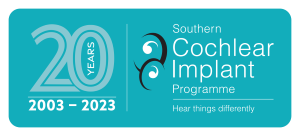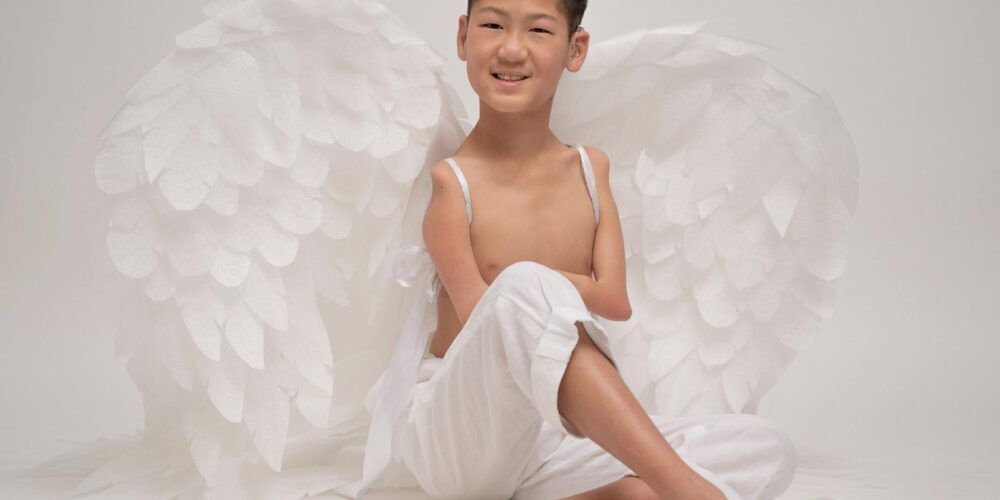What happens before the operation?
You will receive information about how to prepare your child for the operation in your admission letter. The surgeon will explain the operation in more detail, discuss any worries you may have and ask you to give permission for the surgery by signing a consent form.
An anaesthetist will also visit you to explain the procedure. If your child has any medical problems, particularly allergies, please tell the doctors about these. Please also bring any medication your child is currently using.
The Operation
The cochlear implant operation is performed at St George’s Hospital, in Christchurch.
The operation takes approximately two hours and is carried out under a general anaesthetic. Your child will need to have some hair shaved off for the operation, which will be done once they are asleep.
The surgeon makes a cut behind the ear and drills through the bone, into the middle ear and into the cochlea. A ‘bed’ is made in the bone behind the ear to hold the receiver and internal magnet. The incision is closed using dissolvable stitches.
Once the cochlear implant has been inserted, staff will perform some initial testing while your child is still in the operating theatre. This testing confirms that the electrodes are working.
Are there any risks?
While it is important to be aware that complications can occur, in practice there have been very few significant negative side effects reported worldwide.
The cochlear implant surgeon will discuss the risks with you in more detail before the surgery.
Every operation carries some risk of bleeding and infection. However, the risk is low level and your child will be given an antibiotic injection during the operation to reduce the risk of infection. Immediately after the procedure some children may feel nauseous. They may have a headache or sore throat. These side effects do not usually last long and are not severe.
Your child may also feel dizzy after the operation due to the balance mechanisms of the ear being disturbed during surgery, but this will get better. There is also a chance that your child could have ringing in the ears for a while after the operation. Again, this is temporary and will improve in time.
Hospital stay
Children are generally admitted the day before surgery, or the day of surgery itself. Children with a more involved medical history (e.g. diabetic, on autoimmune therapies, etc.) may be admitted a few days prior to the scheduled surgery date.
What happens after the operation?
After the operation, your child will return to the ward to wake up fully from the anaesthetic. Your child will have a large pressure bandage around their head. Once they feel comfortable and have had a drink, they will be able to get up and play.
An overnight stay in hospital after the procedure is usually required. The day after surgery, your child will have the bandage removed and an x-ray will be taken to document the position of the electrode. They should be able to leave hospital once this has been done.
Recovery rates vary but most people report feeling well 24 to 48 hours after surgery. Once released from hospital, children are usually back in their regular routines within a week.
You will be able to feel the cochlear implant under their skin.

